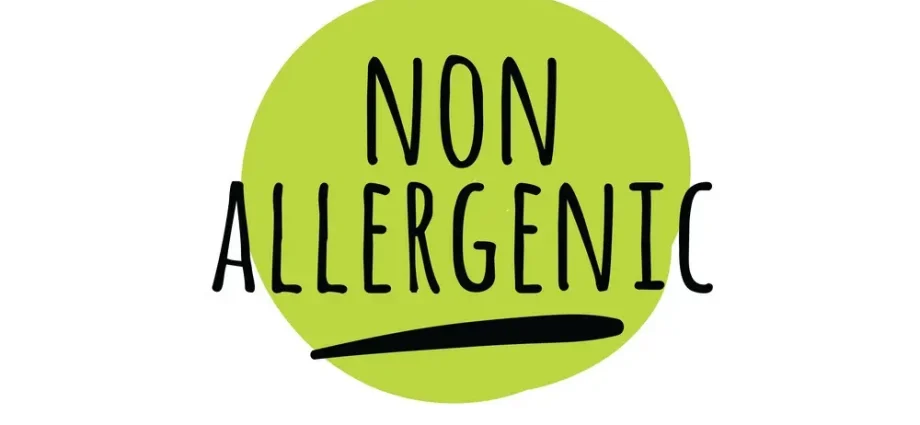Contents
We give arguments in favor of the use of hypoallergenic products, as well as tips to help avoid a negative skin reaction to cosmetics.
Individual intolerance to cosmetic components
Did an expensive cream cause swelling, hives and general discomfort instead of a miraculous transformation? This is an individual intolerance – an allergy to one of the ingredients.
Such a reaction often occurs even on useful natural components. That is why cosmetologists strongly recommend testing a new product on the crook of the elbow or wrist before the first use.
The most common allergens in cosmetics are:
- essential oils;
- mineral oils;
- plant extracts;
- fragrances and preservatives;
- colorants;
- minerals (chromium, nickel, aluminum);
- lanoline;
- honey and its derivatives.
The most harmless, at first glance, pharmacy chamomile can also cause allergies, so in cosmetics more often (and always in cosmeceuticals) purified azulene is used – an extract from it.
A negative reaction can also be provoked by improper use of the product.
Face cream should not be applied to the area around the eyes. “Even if you have tested your face cream or serum in this area and nothing bad has happened, it’s too early to rejoice. Be aware of the delayed-type hypersensitivity reaction and choose special care for the skin of the eyelids, ”warns Elena Eliseeva, medical expert at Vichy.
No need to use eau de parfum like thermal water. It can cause itching, redness, irritation, peeling of the skin. It is allowed to get perfume only on hair, clothes, carpal and elbow bends, pointwise – behind the ears and on the temples.
A dense cream is not recommended to be applied immediately before going to bed, otherwise you risk waking up with swelling in the morning.
Do not leave the mask on your face or hair for longer than indicated in the instructions.
Do not use expired cosmetics.
Even harmless, at first glance, pharmacy chamomile can cause allergies.
How to protect yourself from allergies to cosmetics
- Apply creams, serums and masks strictly according to the instructions.
- Throw away expired products and do not use cosmetics that have been mishandled.
- Do not experiment with cosmetics that contain ingredients that cause you food allergies (honey, cocoa, citrus fruits).
- Stick to the rule: “The fewer components in the composition, the lower the risk of allergies.”
Beauticians advise when choosing caring cosmetics to focus not only on the type of skin, but also on the hypoallergenicity of the product.
By the way, cosmeceutical products and the so-called active cosmetics, which are produced by pharmacy brands, are subjected to the most thorough research.
Intensive soothing care for hypersensitive and allergy-prone skin Toleriane Ultra Fluide, La Roche-Posay
Shea Butter and Squalane restore lipid balance, while Neurosensin helps soothe sensitive and allergy-prone normal to oily skin types.
Read more about skin protection during allergy season here.
Night spa care Aqualia Thermal, Vichy
Cream-gel moisturizes, soothes, restores the protective properties of sensitive skin thanks to hyaluronic acid, thermal water and aquabioryl complex in the composition. The manufacturer says: “Hypoallergenic. No parabens. Tested under dermatological control.”
You can read more about ingredients, production processes, quality and safety requirements here!










